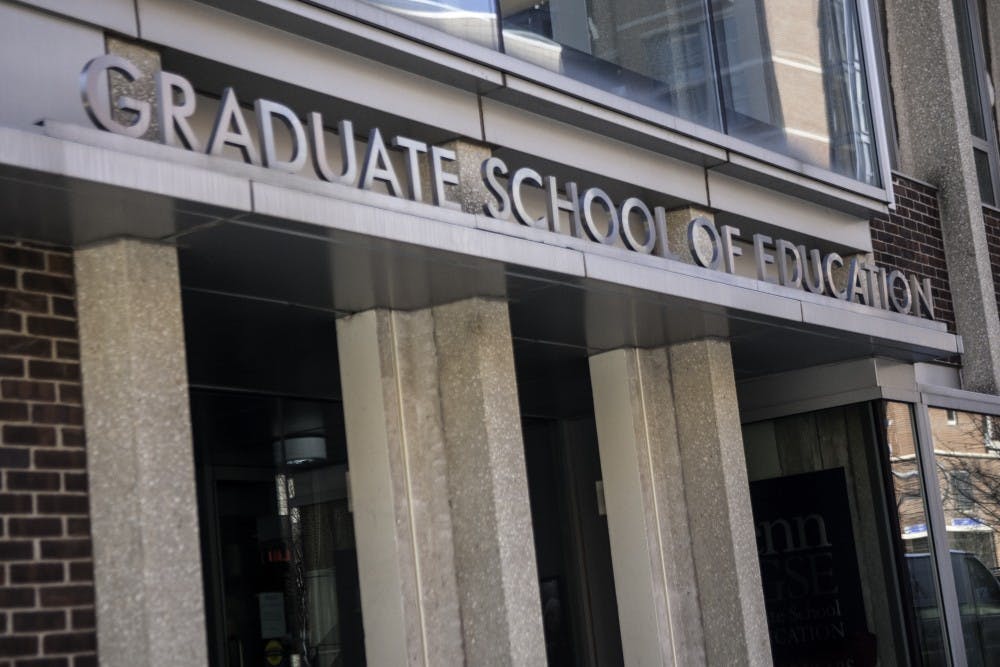
Two Penn professors have been actively involved in the past few years in shaping Kazakh educational policies and structures.
Credit: Yosef RobelePenn professors are working towards building Kazakhstan’s first world-class national research university.
Professor Matthew Hartley and Senior Fellow Alan Ruby, both of Penn’s Graduate School of Education, have been working since 2010 towards building a graduate program in education, when Nazarbayev University was first established in Kazakhstan. As a part of this partnership, Penn recently developed a program that brings NU doctoral students to the United States to study at GSE for a semester.
During their time here, NU students participated in classes, gave talks and participated in workshops to improve their dissertation research projects. In the process, they learned more about the structure of the United States’ education system.
“Even though our university at home is world class we don’t have as many international students,” said Renata Apergenova, a member of last semester’s first cohort, in a Penn News Today article. “It was very useful to hear opinions from a lot of people with different experiences that we can take back with us. The idea is that we are going to translate our experience to other universities and fulfill any educational reforms that are coming to Kazakhstan.”
In the past, Kazakhstan modeled its education system after the Soviet model, in which the Ministry of Education controlled the vast majority of university curriculum, Hartley explained.
Because this level of bureaucracy and control stifled intellectual development and innovation, the Kazakhstan government decided to experiment by granting its universities a higher level of autonomy. Nazarbayev was founded to serve as a model for this new approach to education.
As a part of this effort, Hartley and Ruby became involved to help the University figure out how to design a more Western-style independent institution with governance systems like a Board of Trustees.
“The biggest change is this movement towards this less-centralized approach in which individual institutions can make the decisions for themselves,” Hartley said. “In the context of the U.S. and a lot of Western nations, that may seem really straightforward, but this is kind of a mind blower in Kazakhstan because they’ve had this system of centralized control, in part because there’s been this desire to ensure high quality in education.”
Although Kazakhstan’s government functions as an autocracy with severe limitations on freedom of speech and press, Nazarbayev University is well-looked after by its namesake, President Nursultan Nazarbayev, who sees it as a source for his country’s economic advancement as well as an opportunity to form stronger ties with the West. Part of his commitment to the University is ensuring more academic freedom.
“One of the things that’s been very exciting, being a part of this project, is that a number of the people we’ve been working with are younger, western-educated people who are promoting reforms,” Hartley said. “They would really like to see their country evolve into much more of an open society.”
The Daily Pennsylvanian is an independent, student-run newspaper. Please consider making a donation to support the coverage that shapes the University. Your generosity ensures a future of strong journalism at Penn.
DonatePlease note All comments are eligible for publication in The Daily Pennsylvanian.




